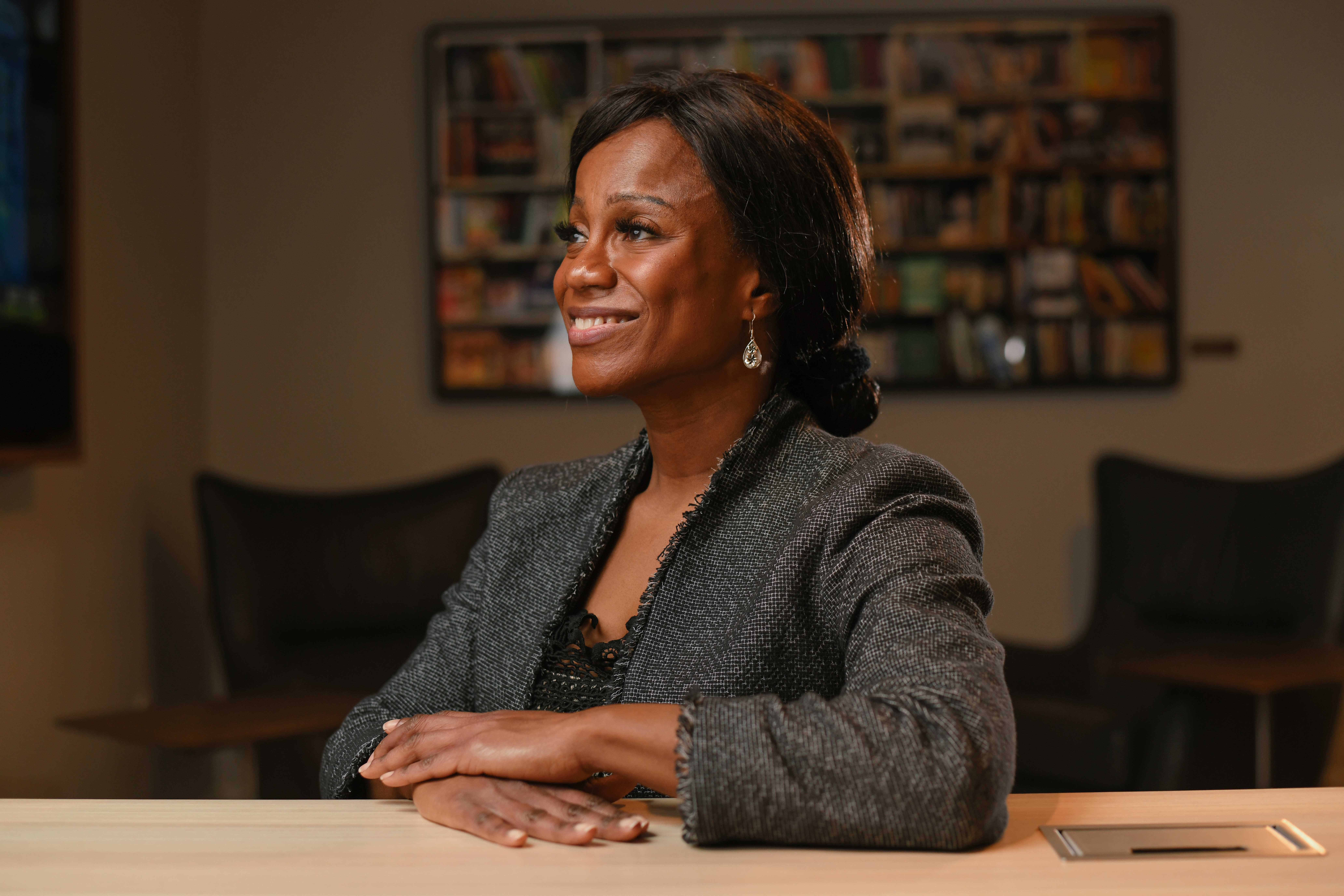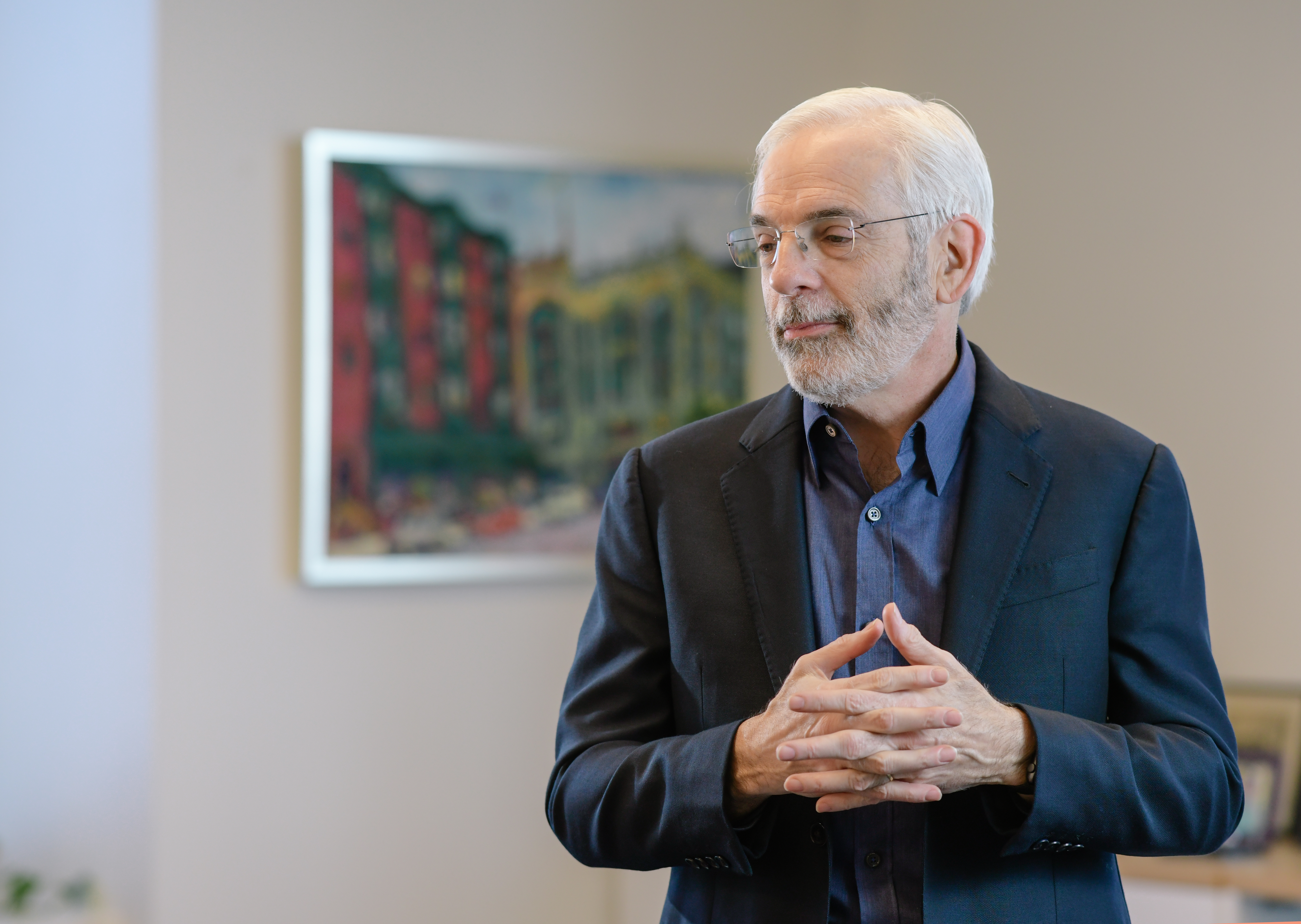Jun 2, 2020
Medical leaders speak out on racism
Health care organizations and leaders are speaking out about racism and police brutality amid a wave of protests sparked by the death of George Floyd at the hands of police in Minnesota.
“The past week, again, has turned a stark spotlight on our country’s brutal inequities,” wrote Blue Cross Blue Shield of Massachusetts CEO Andrew Dreyfus in an open letter to the not-for-profit health plan's 3800 employees. “The death of George Floyd at the hands of police was a moral outrage. Yet we are facing a reckoning that goes far beyond the death of one man. We know Black Americans are being hospitalized and dying of COVID-19 at higher rates. We know record-high unemployment amid the pandemic is hitting communities of color harder. We know these cruel conditions, and the acts of bigotry and brutality we have seen exposed on camera, are not new, but stem from generations of structural racism.”
Members of the health care community have a special role in the face of injustice, health leaders said.
We need diverse voices in the fight against structural racism and implicit bias--voices that will stand up and speak out against injustice and for those who are marginalized or powerless.
said Dr. Philomena Asante, leader of Diva Docs Boston,
a network of African-American women physicians in Greater Boston
"As physicians we can start by educating ourselves about how racism and implicit bias affect the health of the patients we see and the communities we live and work in. We can start by learning the reasons why racism is indeed a public health crisis."

"We know we must do more to fight injustice in our own backyards and throughout the country," the Blue Cross Blue Shield Association, whose member organizations insure a third of all Americans, said in a six-part pledge. "And we will do more. We will take tangible steps to put a stop to injustices in our communities, and remove barriers preventing equitable health, well-being and safety for all."
Racism is increasingly a focus of medical researchers examining the social determinants of health, academics note.
“Members of our black and brown communities and those on the margins, who often are without voice, are disproportionately suffering and dying from illness and disease,” wrote George Q. Daley, dean of the faculty of medicine at Harvard Medical School in a letter to faculty and students.
And the COVID-19 pandemic, which is killing black Americans at a higher rate than white people, has highlighted the structural inequities in America.
“The effects of COVID-19 on under-resourced communities are as much about pre-existing medical conditions as they are about pre-existing social conditions such as lack of access to quality health care, jobs, education and housing,” the American Heart Association wrote in a statement headlined, What does the life – and death – of George Floyd, Breonna Taylor and Ahmaud Arbery mean for the health of Blacks in America? “The barriers to care in our nation perpetuate the health inequities this pandemic is highlighting.”
The pandemic is the grim backdrop to a wave of high-profile deaths of black Americans, including Floyd, who died after a Minneapolis police officer, since charged with homicide, knelt on his neck for nearly nine minutes; Arbery, an unarmed black jogger killed in his Georgia neighborhood by white men who suspected he was a burglar; and Taylor, a Louisville, Ky., emergency room technician killed in her bed by police executing a no-knock warrant in search of someone else.
Police brutality is a health issue as well as a social and legal issue, wrote American Medical Association board chair Dr. Jesse M. Ehrenfeld and AMA President Dr. Patrice A. Harris.
“Excessive police force is a communal violence that significantly drives unnecessary and costly injury, and premature morbidity and death,” they wrote in an open letter posted on the homepage of the country’s leading medical organization. “Our country—our society—demands more.”
Read Andrew Dreyfus’ full letter below:

Dear Colleagues,
At Blue Cross, we work every day to create a culture where it is safe to speak up about bias and injustice.
It is time for me to speak out now, in sadness and in anger.
The past week, again, has turned a stark spotlight on our country’s brutal inequities.
The death of George Floyd at the hands of police was a moral outrage. Yet we are facing a reckoning that goes far beyond the death of one man.
We know Black Americans are being hospitalized and dying of COVID-19 at higher rates. We know record-high unemployment amid the pandemic is hitting communities of color harder. We know these cruel conditions, and the acts of bigotry and brutality we have seen exposed on camera, are not new, but stem from generations of structural racism.
This is a time to reflect on the pain and anguish of Black Americans. Let me say simply: We stand with our Black colleagues. I cannot imagine the pain you are feeling, but I stand with you as a colleague and as we ask together what we can do to help address racism in this country
On a personal level, this is also a time for all of us to look within and ask what we can do to address racism. It is a time to commit to speak out if we see bias, discrimination or hostility in the workplace and in our communities.
Today I met with our Diversity & Inclusion Council, where we discussed how we can continue, in new ways, to hear and acknowledge pain, to open dialogues and to combat racial disparities in health care. We will do so with the empathy and innovation that are our hallmark.
Health care is an issue of social and racial justice. More than a decade ago, our company and Foundation created a roadmap that has resulted in near-universal health coverage in our state. Each year we volunteer with and donate millions to community organizations that are dedicated to equity in health care. Our company has a strong foundation of trust and inclusion.
It is time to build on that foundation, in both big steps and in small conversations. Our Employee Resource Groups nurtures dialogue around social justice, and I urge you to take part in the meaningful connections they offer online these days.
This is also is a time to seek support if needed. Our Employee Assistance Program, LifeWorks, provides confidential counseling services 24/7.
I am proud of our company’s values of diversity, inclusion, equity and respect. Let’s find meaningful new ways to live our values in the days and years ahead, in the powerful spirit of the poet Maya Angelou who wrote:
You may trod me in the very dirt
But still, like dust, I'll rise.
Amid our grief and anger, we will rise. And as we rise, we will lift each other.
Thank you, as always, for your spirit of kindness and empathy, and for your fierce commitment to our community.
Andrew
Did you find this article informative?
All Coverage content can be reprinted for free.
Read more here.
PHOTO OF ANDREW DREYFUS & Dr. PHILOMENA ASANTE BY FAITH NINIVAGGI

